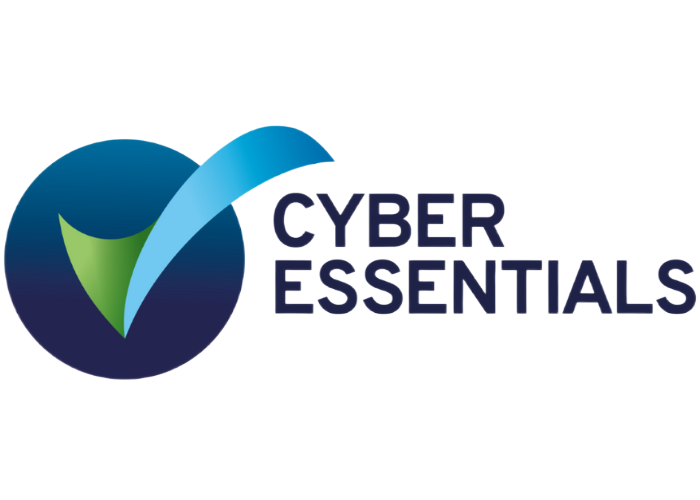Indelible Data offers a range of packages for Cyber Essentials certification.
This Blog is based on a post by the NCSC, which can be read in full here.
01900 818000 cyber@indelibledata.co.uk

Indelible Data offers a range of packages for Cyber Essentials certification.
This Blog is based on a post by the NCSC, which can be read in full here.